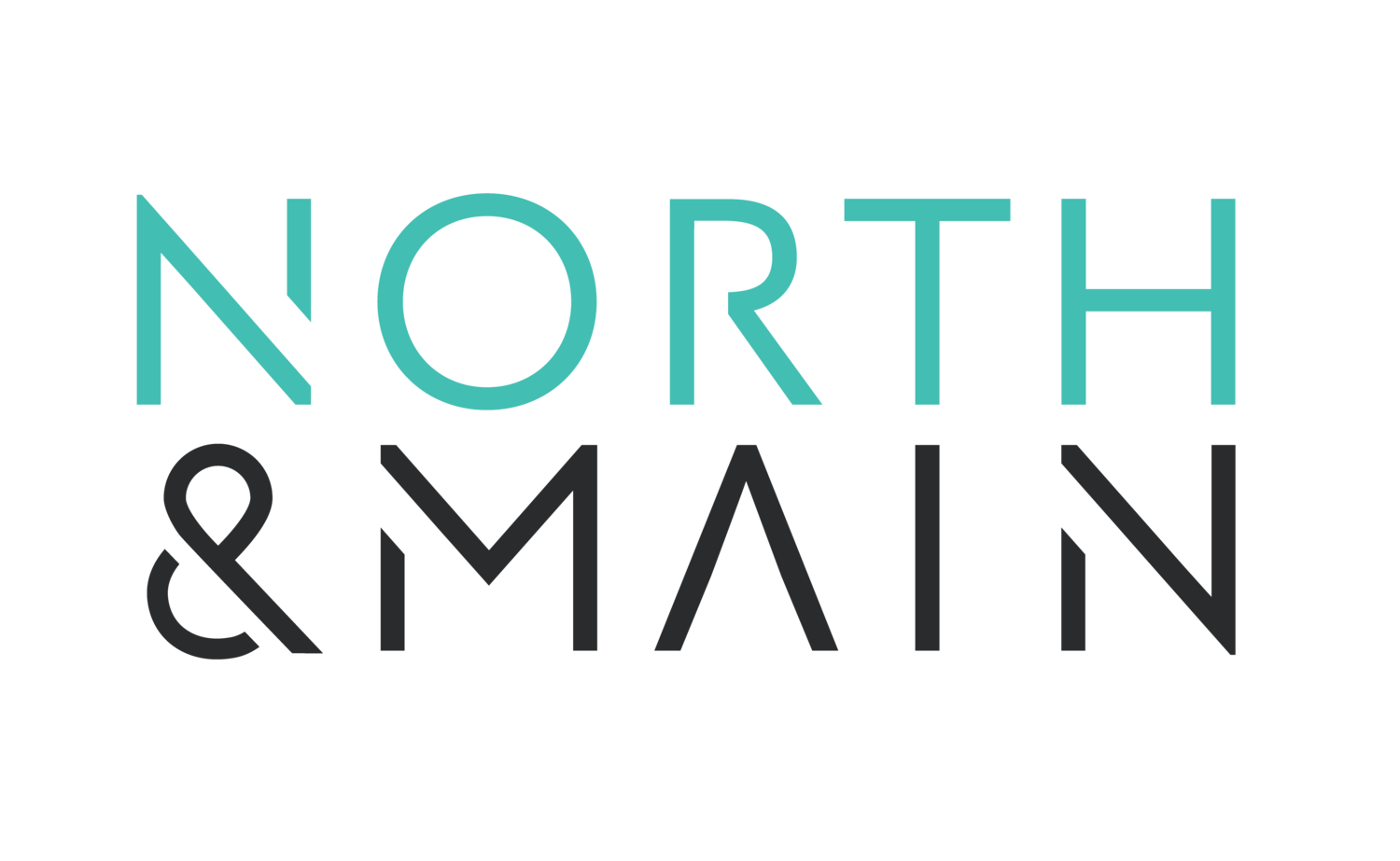Why do we trust? What inspires or enables our trust?
Recently, I was speaking with a former colleague, and she mentioned an investment group called Backstage Capital. In 2018, Backstage Capital launched a fund to exclusively invest in underrepresented women. I was excited and said if I were mega rich (I’m not a VC-level investor!), I’d get into that fund. “Why?” she asked. I thought. Why was I was ready to (hypothetically) invest, based solely on that one data point?
It got me thinking about how we seem to be in the midst of a seismic shift in how or why we trust. According to Edelman’s Trust Barometer, our standard bearers of trust - media, cultural institutions, government - are at a contemporary all time low, while our trust in the companies we work for - their leadership, their mission - is on the rise. We are what we do, what we buy, who we follow, what we personally promote.
For us at North & Main, trust is an essential part of planning. When we look at what makes a strategic plan successful, it’s trust among colleagues and with their audience - donors, program participants, customers, constituents. When we see an invested user group, it’s because they have trust (or at least hope) that their feedback matters, and see proof of how it is being used. We think about trust a lot in our work, and have had a lot of questions about the implications of this shift.
Who do we implicitly trust? Why do they earn our trust automatically? What warrants them losing our trust?
Over the next several months, we at North & Main are going to explore the topic of trust more deeply - looking at brands, workplaces, generational shifts, and even political beliefs.
